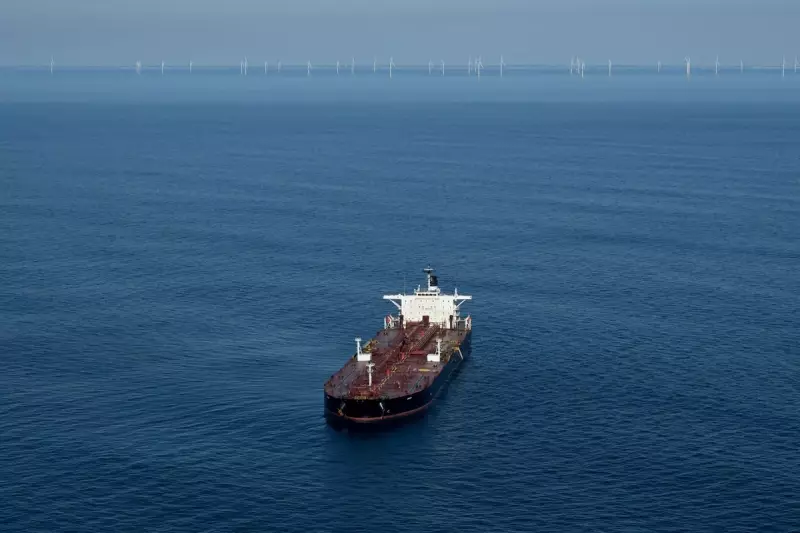
In a dramatic escalation of Western efforts to combat Russian sanctions evasion, elite French naval commandos have stormed a Russian oil tanker operating as part of Vladimir Putin's so-called 'shadow fleet' in the Baltic Sea.
High-Stakes Operation in Danish Waters
The covert military operation unfolded in international waters near Denmark, where French special forces boarded the vessel suspected of transporting Russian oil in violation of international sanctions. According to defence sources, the raid was conducted from helicopters in a meticulously planned assault.
This bold manoeuvre represents a significant intensification of Western tactics against Russia's elaborate network of tankers used to circumvent oil export restrictions imposed following the invasion of Ukraine.
Putin's Shadow Fleet Under Pressure
The targeted vessel is believed to be part of a sophisticated network of hundreds of ageing tankers that Moscow employs to transport oil while avoiding Western sanctions and price caps. This 'ghost armada' has enabled Russia to maintain crucial energy revenues despite international restrictions.
Intelligence reports indicate these shadow fleet operations have become increasingly sophisticated, with vessels frequently turning off transponders and conducting ship-to-ship transfers in remote locations to conceal their activities.
Growing Western Response
The French operation follows mounting concerns among NATO allies about the environmental risks posed by these often poorly maintained vessels, as well as their role in funding Russia's war machine. Recent incidents including near-collisions and oil spills have heightened alarm.
Western nations are now deploying multiple strategies to counter the shadow fleet:
- Enhanced maritime surveillance and intelligence sharing
- Increased boarding operations and inspections
- Targeted sanctions against companies and individuals involved
- Diplomatic pressure on countries facilitating the operations
Regional Security Implications
The Baltic Sea has become a critical theatre in this economic warfare, with Denmark's strategic position making it a focal point for interception efforts. The operation demonstrates Europe's willingness to take direct military action against what officials describe as 'maritime outlaws.'
Defence analysts note that such bold actions risk escalating tensions with Moscow, but reflect Western determination to tighten the sanctions net around Russian energy exports.
The successful boarding operation sends a clear message to Moscow that Western nations are prepared to take increasingly assertive measures to enforce sanctions, even as the shadow fleet continues to evolve its methods of evasion.





